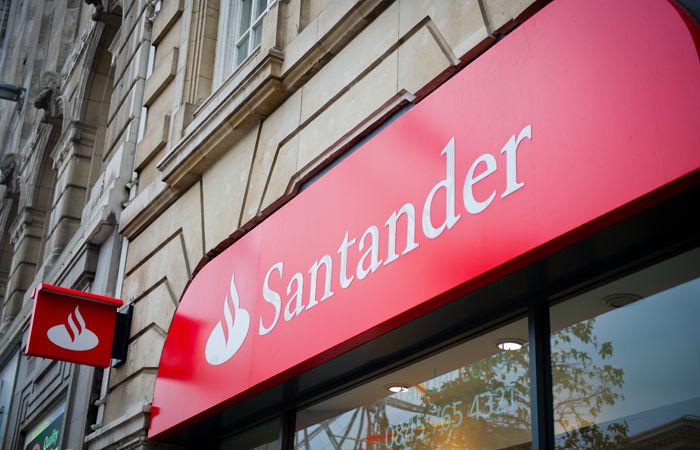
Santander has updated its self-employed policy that will affect self-employed residential applications.
From 11 April, Santander will be taking an average of the last two years’ income figures, or the latest year if it’s lower.
For existing Santander mortgage customers moving home, it was explained that underwriters may be able to utilise a more individual assessment.
The bank will still limit applications where any applicant is self-employed to 75% LTV, excluding existing mortgage customers moving home.
As part of the changes, the Covid-19 business impacted definition will only capture details of any outstanding support loans. The Covid question will be removed and replaced with one confirming any outstanding bounce back loans (BBLs) or Coronavirus business interruption loans (CBILs).
Santander confirmed that any undisclosed BBL/CBIL liability will lead to a decline decision.
The requirements for submitting income evidence have also been simplified through an updated accountant’s certificate, which went live on 30 March.
Applicants providing the updated accountant’s certificate will no longer need to provide business bank statements.
Where customers have any outstanding BBLs/CBILs, underwriters will continue to factor the repayments into the affordability assessment. The additional information captured on the accountant’s certificate may support a more detailed individual assessment.
All full mortgage applications (FMAs) already submitted by the close of business on 9 April will not be affected by these changes.
However, FMAs submitted from 6am on 11 April, or where a material change is made to an FMA submitted before close of business on 9 April, will be assessed using its new updated policy.
Santander stated that the changes will be reflected in Introducer Internet, its affordability calculator and the evidence requirements guide.



